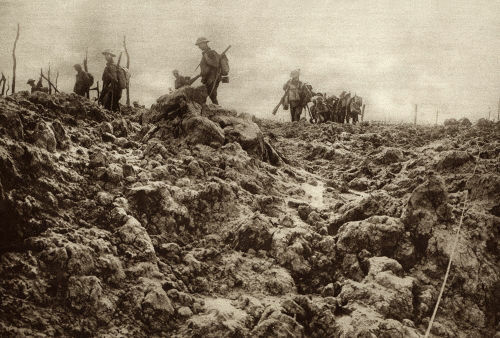In 64 d. C., the EmpireRoman was ruled by one of the most controversial, extravagant and infamous emperors, Nero, the last of julio claudian dynasty. On the 18th and 19th of July of that year, the city of Rome was struck by one of the greatest disasters of antiquity. A great fire devastated the domains of Rome, causing countless material and human losses, especially in the most populous and ancient regions, such as Palatino and Suburra. Since the time of the great fire in Rome, historians have argued over the causes and responsibility of the disaster.
One of the historians of Nero's time who best narrated the fire episode was Dion Cassisus. See an excerpt from this narrative:
“An extraordinary turmoil seized the whole city and people ran from one place to another like madmen. Some, when trying to help their neighbors, were told that their own house was starting to burn […]. Those inside the buildings rushed through the narrow streets, hoping to be able to stay protected from the outside, while others, on the contrary, wanted to take refuge inside the houses. Children, women, men and old people all screamed or moaned; you couldn't see or hear anything because of the smoke and the screams. Some just stood there, speechless and gaping. Many who carried their goods, or the goods they had plundered in the houses of others, rushed one another and were buried under the burden they carried. […] people pushed and were pushed, knocked others down and were knocked down. Many were crushed and trampled underfoot. We witnessed everything that takes place in such a catastrophe; and it was impossible to escape, for whoever avoided one danger immediately fell another and died. (Dion Cassius, LXII, 16.)
Do not stop now... There's more after the advertising ;)
Most Roman historians, including Dion Cassius, vehemently accused the Emperor Nero for the act, claiming that he he would have good reasons to ruin the center of his empire: 1) to have the possibility of rebuilding Rome to his liking (to which he would give the name of Neroni) and accuse the Christians, who, at the time, were on the rise within the empire, changing the old ways, converting and moralizing the pagans. 2) There is also the hypothesis that Nero, in one of his attacks of insanity and extravagance, would have set the city on fire to contemplate the destruction of Rome from the top of the tower of Maecenas as he sang the poem Toiae Halosis, composed by himself and dedicated to the destruction of Troy.
Tacitus, also a historian of ancient Rome, was one of the few ancient authors who began to problematize the causes of the fire, raising the possibility of having was actually accidental, since the city of Rome contained a very large number of wooden buildings, and the small fires were frequent.
Some modern historians have shed new light on this event by discovering evidence that Nero was not in Rome at the time of the fire, but in a remote region of the city. In addition, some monuments recently built by the aforementioned emperor were destroyed by fire, which signals the unintentionality of the devastating action. But as much of the Roman nobility disapproved of Nero's actions, his image became directly associable with the calamity. The end of Nero's government occurred when, after a coup d'état orchestrated by several governors in 68 d. a., the emperor ended his own life.
By Me. Cláudio Fernandes


